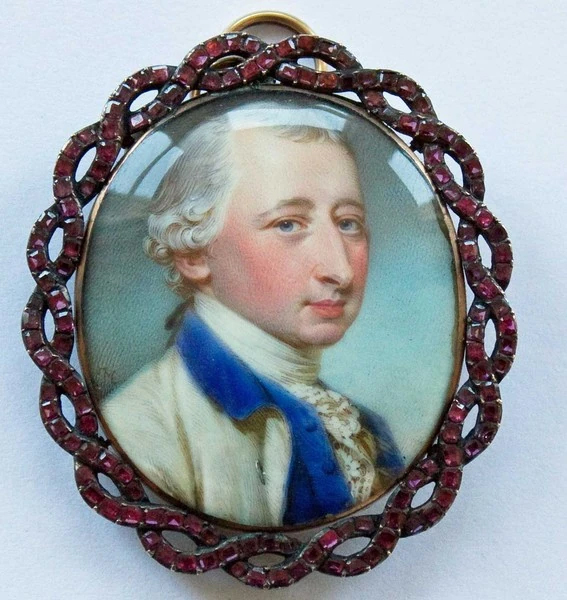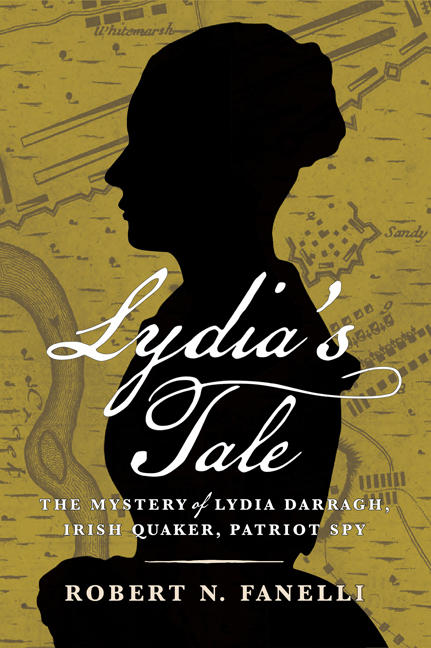About Jeff Dacus
Jeff Dacus is a retired U.S. Marine. He presently lives in Vancouver, Washington where he teaches middle school U.S. History. He’s earned three master’s degrees, including one in American history from University of Portland and one in military history from American Military University.
What inspired you to start researching and writing about the Revolution?
Reading James Flexner’s Indispensible Man and a visit to Mt. Vernon opened up interest in the Revolutionary period. Writing didn’t really start until five years ago when we became “empty nesters” as our daughters went off to college.
What historians or books have most influenced your work? Why?
Thomas Fleming and Richard Ketchum, who tell the story of history not just the facts and events, were some of the first authors I read about the Revolution. Catherine Drinker Bowen takes you through the streets of Philadelphia in her book about the Constitution. Bruce Catton had a way with making the Civil War intimate, turning the Army of the Potomac into a living thing in his trilogy on the subject. Anyone can assemble facts in some order but it takes a good writer to tell a story.
What are your go-to research resources?
For a starting point in any story, Mark Boatner is the first source, providing a brief introduction to most any topic. Another great resource are The Papers of George Washington, to read them is to know the man and, with help from the editors’ notes, know the times. Founders Online has increased the accessibility of the papers of several important figures of the Revolution.
Which of your own JAR articles is your favorite or most rewarding? Why?
Two articles: “A Gift for General Washington” about the pair of pistols given to the general. I enjoyed it because of the heart-breaking story of Captain Fauntleroy who delivered the weapons and then fell at Monmouth. The “Continental Generals: Backgrounds and Fates” was a favorite because of the deep and enjoyable research.
Other than your own contributions, what are some of your favorite JAR articles?
This is the most difficult of questions because there are so many good stories. I enjoy turning on our computer each day to see what new information is available or to read a new slant on an old subject. I love the surprises!
What books about the American Revolution do you most often recommend?
I try to get people interested in the Revolution and early Federal Periods with easy to read but well researched works. For stories of the battlefield, David Hackett Fischer’s Washington’s Crossing is a good start for someone unfamiliar with the period. To introduce someone to the Revolution, there is no better introduction than the JAR Annual edition, the stories cover such a wide variety of topics that interest diverse people. There’s something for everyone in its pages.
What new research/writing projects are you currently working on?
I am working on an article for JAR about another relatively unknown general of the Continental Army and two articles for Leatherneck magazine.
What other hobbies/interests do you enjoy?
I coach youth basketball and help out at my church. As a Marine tanker, I read and research about the Marine Corps and armored vehicles. I am trying to learn how to draw. When not reading about history, Marines, or tanks, old Westerns like Zane Grey and Louis L’Amour are my escape from modern life. I enjoy traveling to historical sites and domestic activities like working in our yard or taking walks with my wife.
Why is the Journal of the American Revolution important to you?
Revolutionary enthusiasts are not alone! There are many magazines about the Civil War but after the end of the Patriots of the American Revolution a few years ago, there has been no outlet for those who want to read short stories about the time period. The articles and reader responses are conversations about the Revolutionary War that anyone can join in.
Is there an article, or subject area, that you would like to see appear in JAR?
How about re-enactors? The Continental Congress is such a mystery, it would be nice to have articles on various aspects of how the Congress worked and its decline from the body that produced the Declaration to the ineffective group that could rarely produce a quorum. The naval aspects of the conflict are another topic that seems interesting.
Who are some of the people in the Revolution you find interesting?
The subordinate officers, battalion and regimental officers, that are not covered in the history books. Most were accomplished individuals who contributed during the war and to the new nation afterwards. Walter Stewart, the Irish beauty; Richard Butler, one of five brothers serving the Patriot cause; Nathaniel Ramsay, who charged the British alone to cover the retreat of his men; and Eleaazar Oswald, the accomplished artilleryman, were the real heroes at the Battle of Monmouth but we don’t know of them because of the Washington-Lee controversy. Washington’s aides are another group of young men who deserve a closer look.
How does visiting historical sites increase your understanding of pivotal events?
I find that reading about an event like the writing of the Declaration of Independence and then visiting Philadelphia increases the intimacy of the subject matter. Standing on the ramparts of Fort Ticonderoga and gazing up at Mount Defiance adds clarity to poor Arthur St. Clair’s dilemma in holding the fort or escaping from a possible trap by the British. In addition to getting a good feeling for the ground, the people who work at such sites have immense stores of knowledge and they are more than willing to share that information with you. You can only read so much, visits to historical places and insightful interaction with docents, interpreters, or park rangers provide an enriching experience.








2 Comments
Hello Jeff Dacus,
I have read and enjoyed your articles and most recent interview. I am Mike and you will remember me from our Fort Ti teachers workshop and eating at the in town dinner to order the excellent chicken and biscuits. Plus hiking up the waterfall. I remember you were working on the gift for Washington article at the time. I did not know or remember you earned three masters with one in military history. I am working on my third masters degree. It is in American history and I would like to focus on early American or Revolutionary history. This past summer I spent a week at a Mount Vernon teacher seminar learning about GW. If it is possible I would like to ask you more about your writing and masters degrees but not through this blog. I just recently signed up to be a member of JAR. I hope things are going well for you. Thank you for your time.
Regards,
Mike
Jeff Dacus,
I am applying for membership in DAR and know I qualify on both sides of my family, but assuming that we are kin, can you shed any light on your research into Dacus (we fondly call ourselves Dacii here in SC) service in the Revolution.? I do have a copy of the man from Dacia written by my uncle Warren … I also was interested to read that you were a Marine tanker as was my brother, Master Sargent Marvin Creighton “Creig” Dacus Jr. We hail from the suburb of Dacusville in SC. I wonder if you ever come visit the gravesites and area? There is also Dacus Shoals about 80 miles from Dacusville.